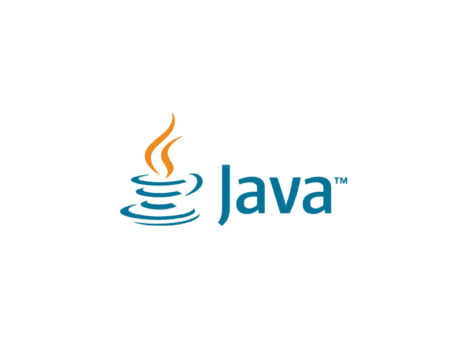Java is a powerful programming language that is widely used for building enterprise-level applications. However, even experienced Java developers can make mistakes that can lead to bugs, errors, and poor performance. In this article, we will take a look at some of the most common mistakes Java developers make and provide tips on how to avoid them.
Not closing resources: Forgetting to close resources such as file handles and database connections can lead to resource leaks, which can cause your application to slow down or even crash. To avoid this mistake, always make sure to close resources properly using a try-catch-finally block or using the try-with-resources statement introduced in Java 7.
Not handling exceptions correctly: Not handling exceptions correctly can lead to bugs and errors in your application. To avoid this mistake, always catch exceptions as soon as they occur, and handle them appropriately. Also, make sure that your code is not swallowing exceptions by catching them and not rethrowing them.
Not checking for null values: Not checking for null values can lead to null pointer exceptions, which can crash your application. To avoid this mistake, always check for null values before using an object, and make sure to use the null-safe operator (?.) or the null-safe method invocation operator (?[]) introduced in Java 8.
Not using the right data types: Using the wrong data type can lead to unexpected behavior in your application. To avoid this mistake, make sure to use the appropriate data type for the task at hand. For example, use int for whole numbers and double for decimal numbers.
Not optimizing code for performance: Not optimizing code for performance can lead to slow performance in your application. To avoid this mistake, make sure to use best practices such as caching frequently used data, using efficient algorithms, and minimizing the number of calls to external systems.
In conclusion, Java developers can make mistakes that can lead to bugs, errors, and poor performance. To avoid these mistakes, always close resources properly, handle exceptions correctly, check for null values, use the right data types and optimize your code for performance.
Keywords: Java, programming, mistakes, bugs, errors, performance, closing resources, handling exceptions, null values, data types, optimization.

